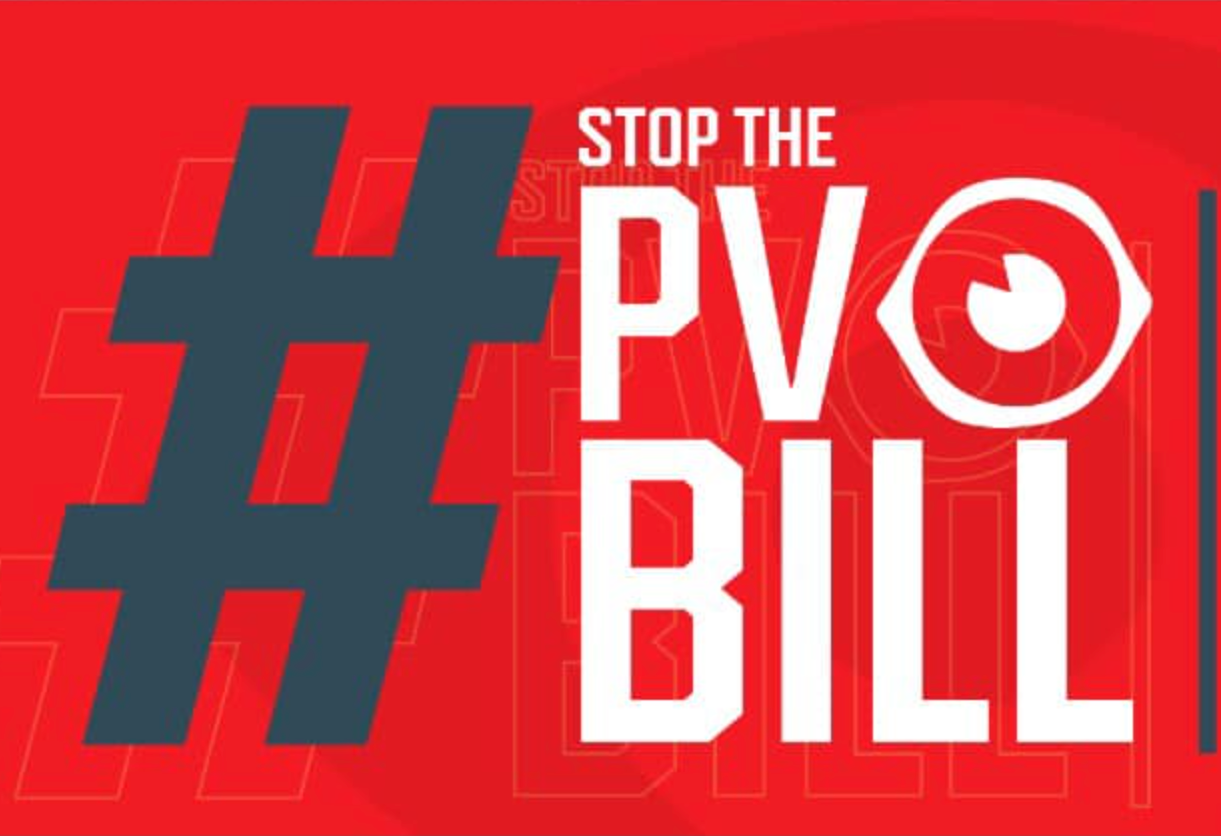Matebeleland North province has rejected the Private Voluntary Organization (PVO) Amendment Bill, during a parliamentary public hearing held in Jotsholo yesterday.
Residents and civic society representatives who attended the hearing expressed deep reservations for the bill with some describing it as unconstitutional and anti-humanitarian.
The public hearings which were pencilled to start at 2 pm were marred by delays following confusion over venue before an open space at Jotsholo stadium was settled for at around 5.30 pm.
Women and elderly people expressed concern over the bill arguing that it would leave them vulnerable if NGOs are restricted in their operations as most of them relied on donors for food aid and fees for their children and grandchildren.
“We are worried that the restrictions contained in the bill will affect our ability to get assistance such as food aid. Vulnerable communities who rely on aid whether food or otherwise will be cut off putting us in a worse off situation. Right now we rely on these NGOs to get fees for our grandchildren. As people of Lupane we are not in support of this kind of law,” said one elderly woman who identified herself as Mrs Ndlovu.
Sizani Siwela a youth from Jotsholo said the bill was not clear raising a lot of suspicions over its ultimate goal.
“The bill has a lot of grey areas which leaves room for a lot of suspicions as to its true intentions. Why is a lot of power being invested in the minister to determine the status of the NGOs? What will happen to the organizations providing relief to vulnerable communities? These NGOs are actually complementing government efforts and now you want to disable their operations.”
Fidelis Chima of Greater Whange Residents Trust said the bill gave the minister unfettered power to interfere with the operation of the NGOs.
“The bill is a bad one. It gives the minister unfettered power to interfere with the operations of NGOs as the minister can disband the board of the NGO and replace it with his handpicked one. The bill purports to curb money laundering and terrorism yet we know that the country has effective laws on money laundering. The bill will affect most organisations that do advocacy work on human rights and as they would be deemed as furthering a political cause.”
Rural Communities Empowerment Trust (Rucet) coordinator, Vumani Ndlovu said rural communities who depend on the donor community for support in social and economic development were likely to be hard hit by the bill which would affect humanitarian work.
He added that the engagement spaces provided by CSOs would be closed up as the bill led to a clampdown of NGOs who were holding the government to account on human rights issues among other things.
“On the political note, we have civic society organisations whose main work is on governance and human rights protection I personally feel there are targeted by this bill because they are able to point out the government deficiencies in terms of governance, human rights, civic education and mobilization. They are playing a pivotal role in the promotion of human rights which is a constitutional issue. If these organizations are not no longer functional I personally see decay in governance and uncheckered inefficiencies of the government. Its important to note that civic society provides engagement space for the promotion of civic and community issues.”
Tawanda Mazango, Programs Coordinator at Lupane Youth for Development Trust added, “I’m particularly worried about Section 21 of this draft Bill that gives power to the minister to appoint the board of the PVO. This to me is clear interference of the work of the NGOs which causes the minister to avoid checks either by other arms of government or the courts since NGOs would have been silenced. There is no clearly spelt out appeals mechanism if any as the bill places the minister as having the final say. We have learnt from history that such laws that give excess power are not good for the country as is the case with this particular draft.”

